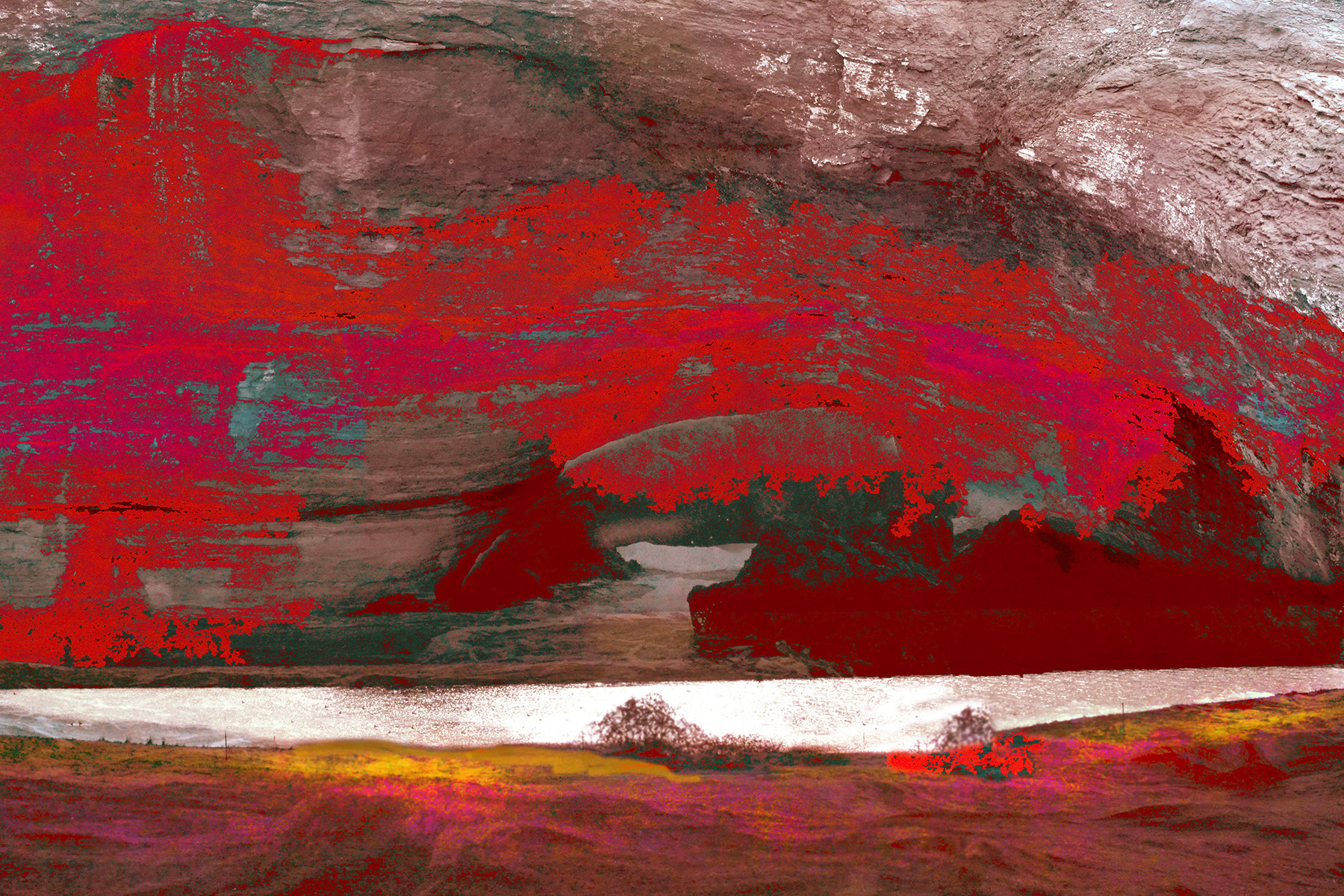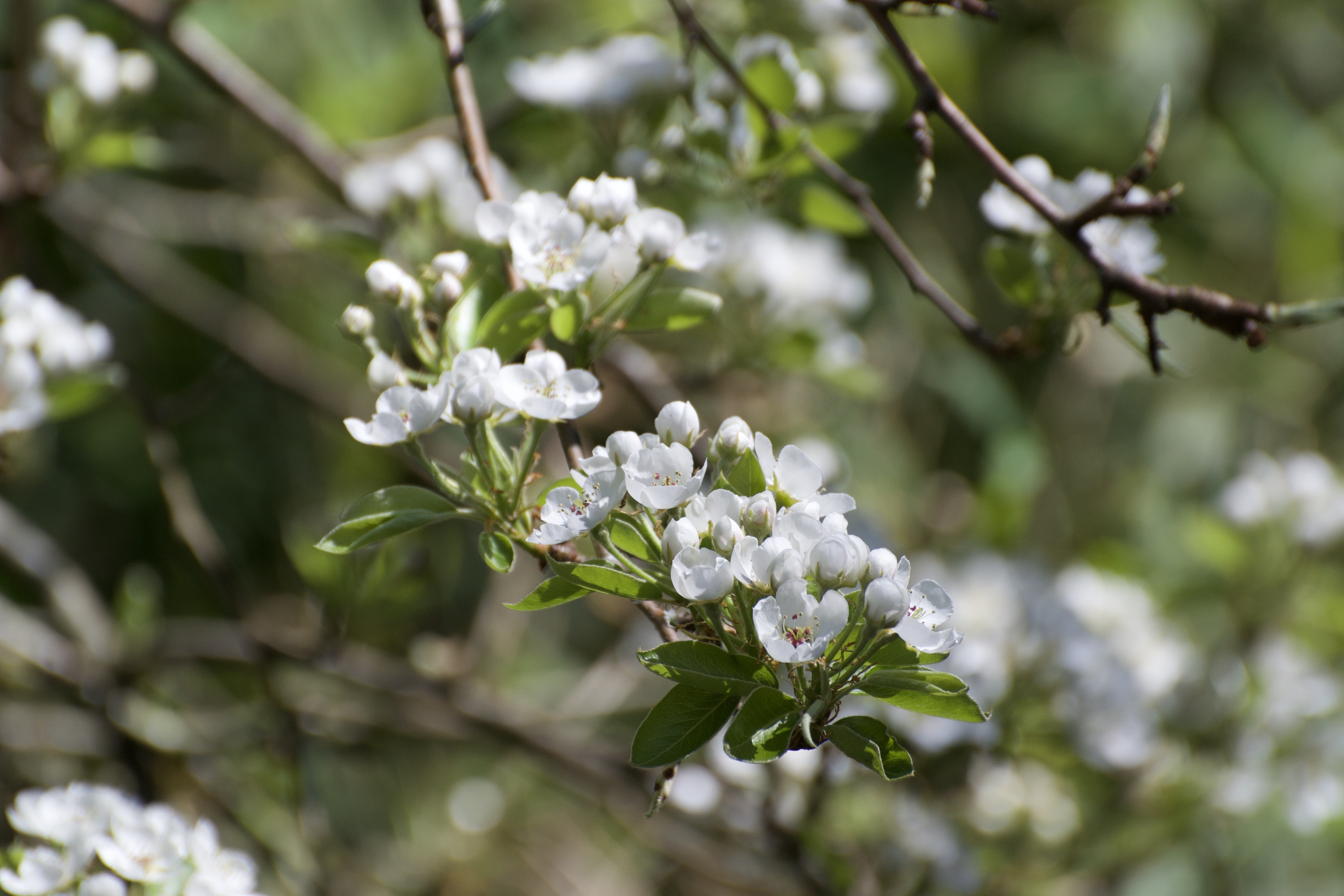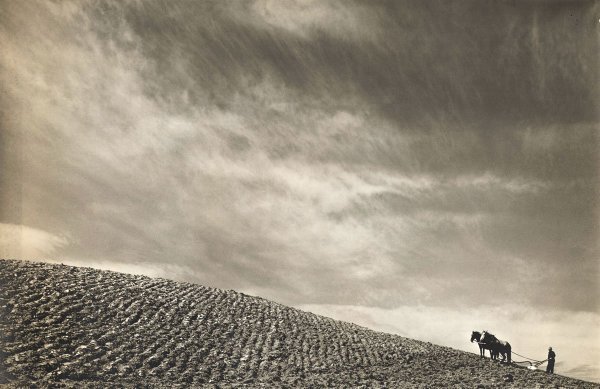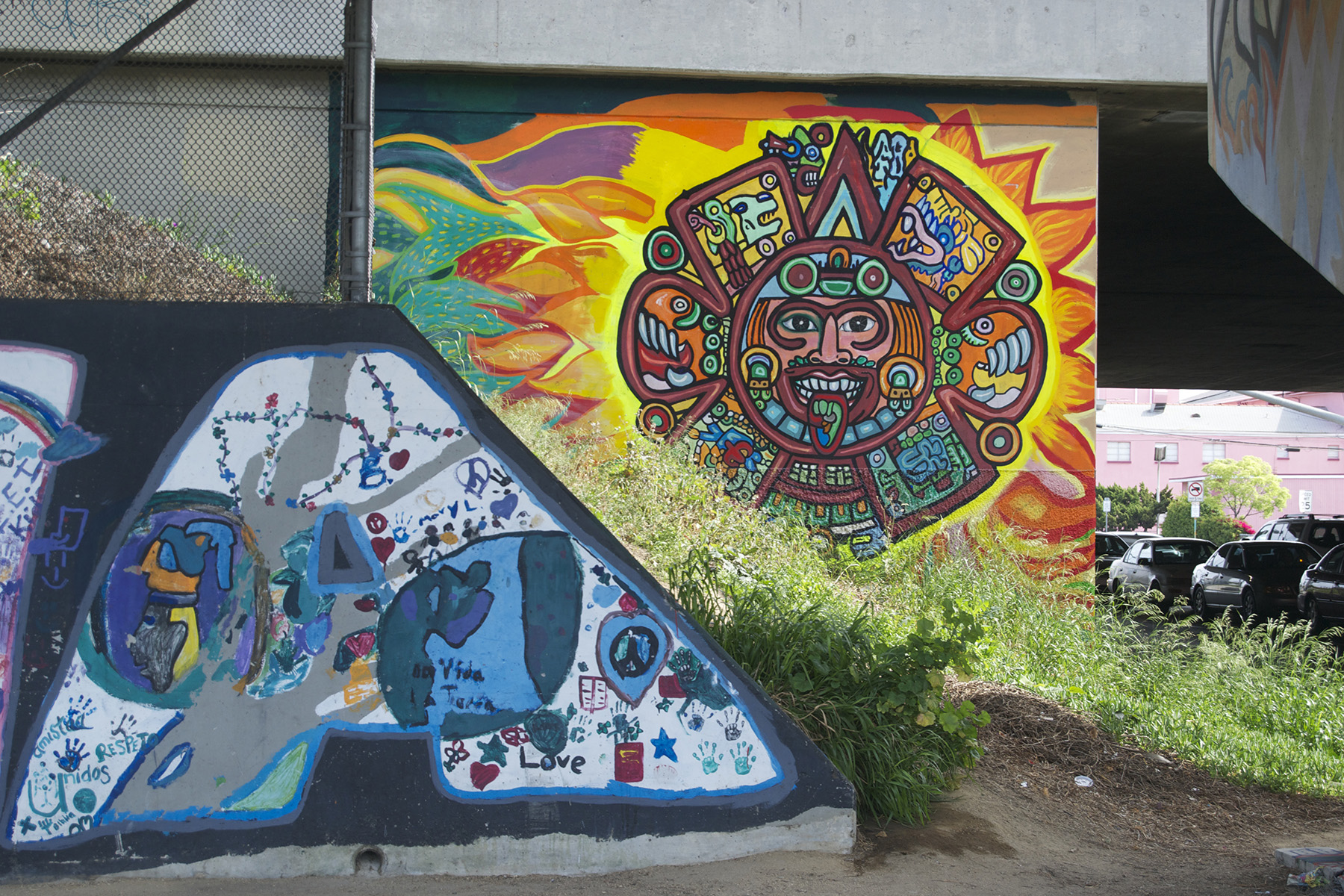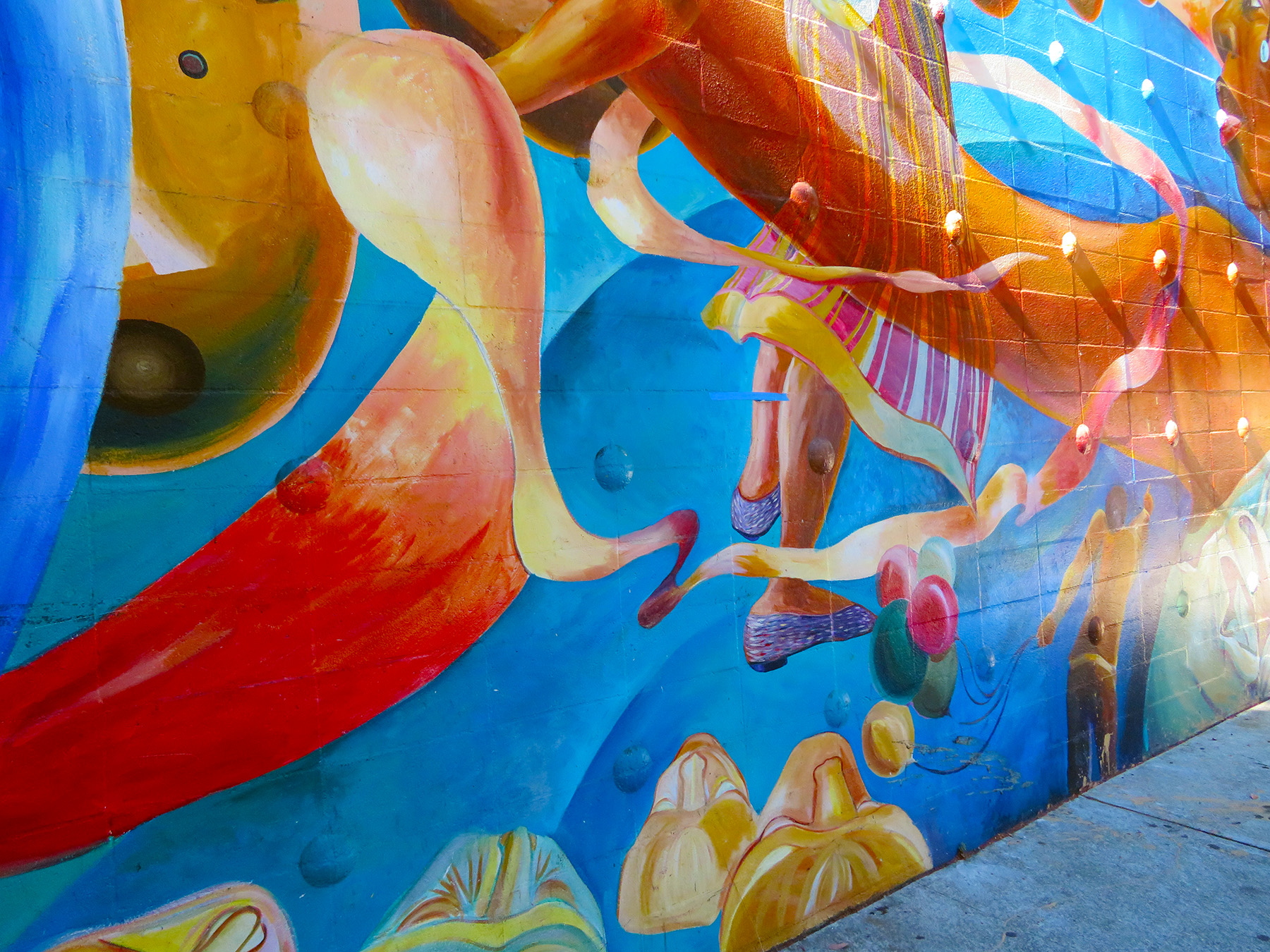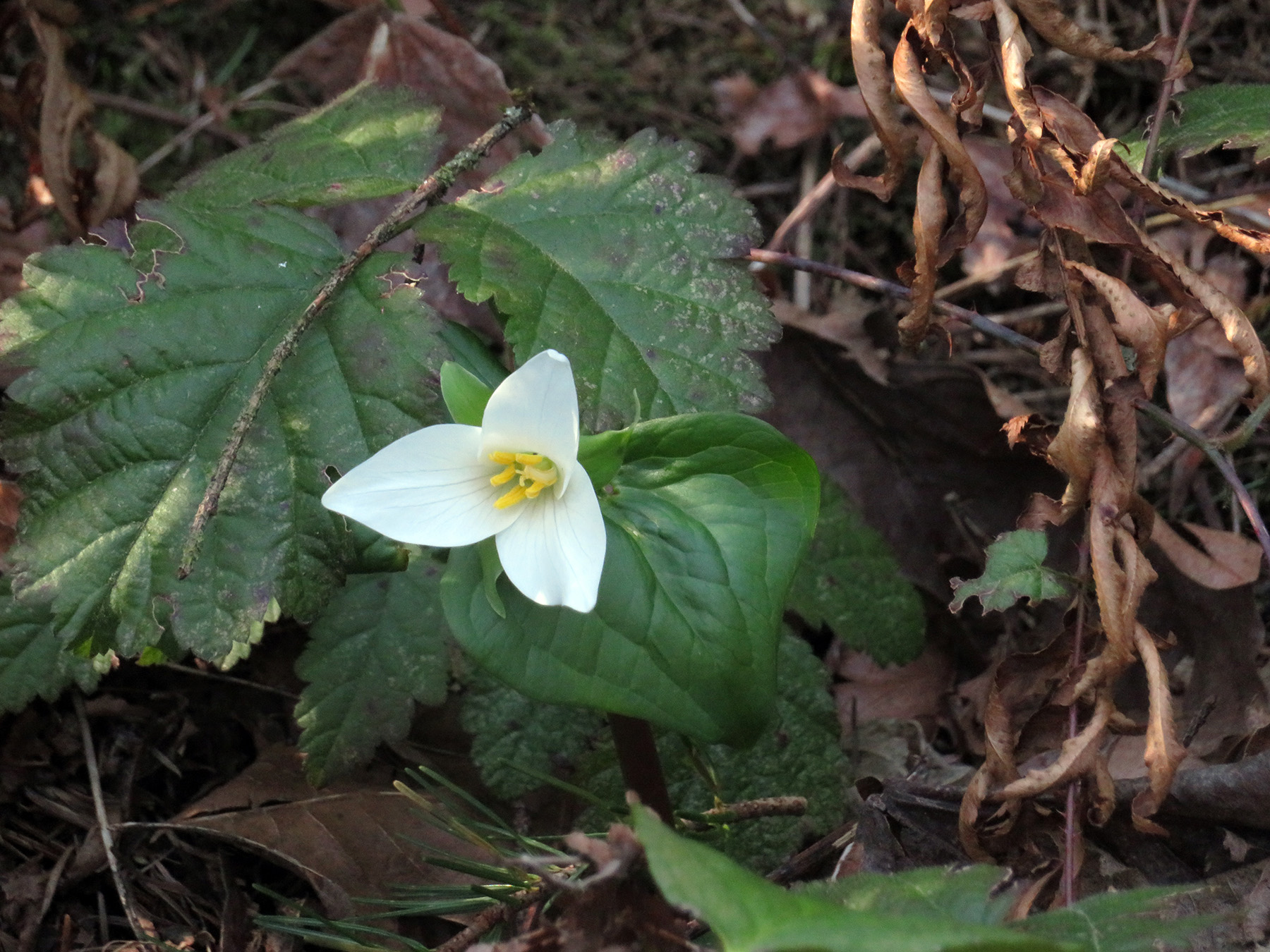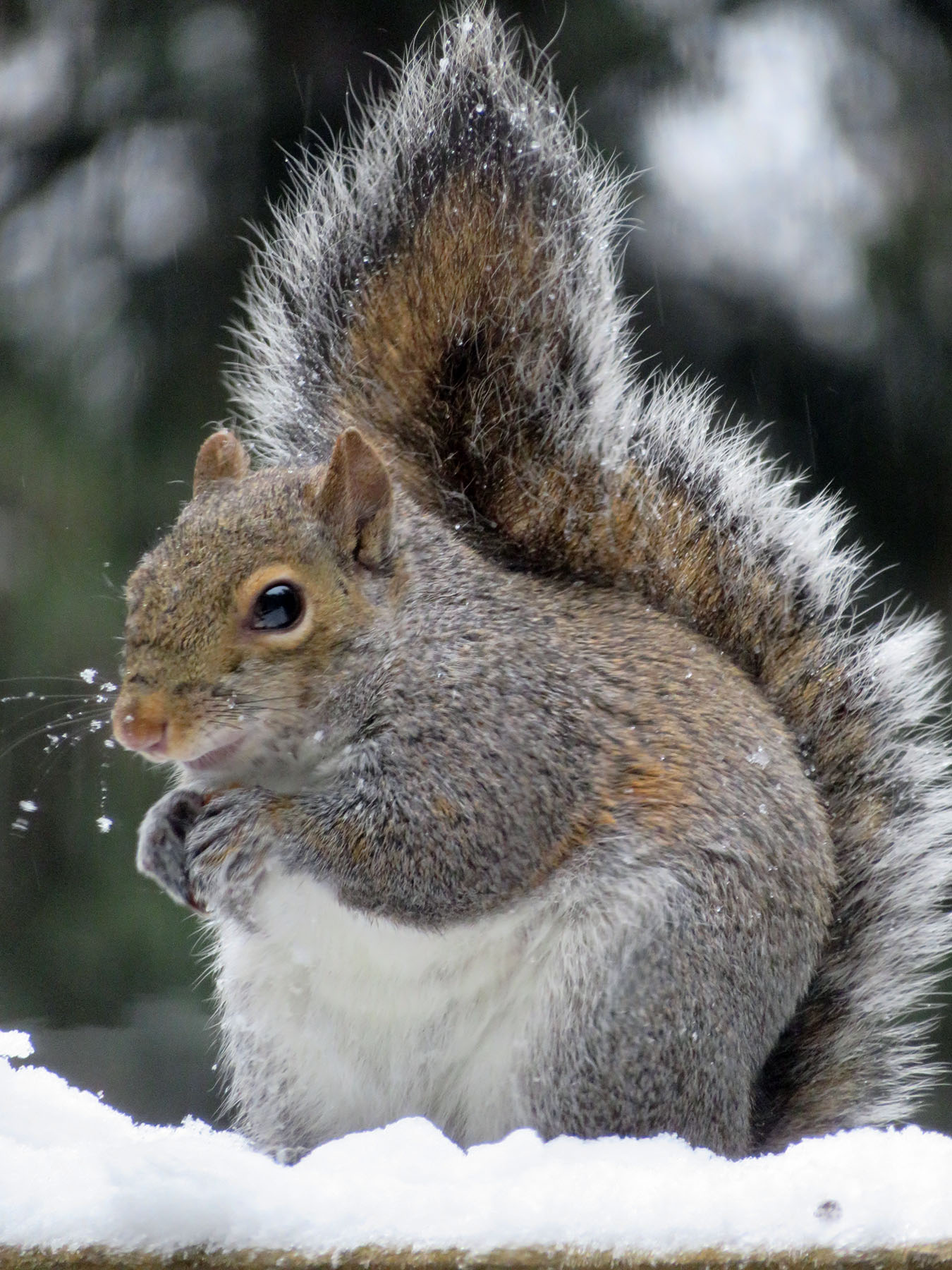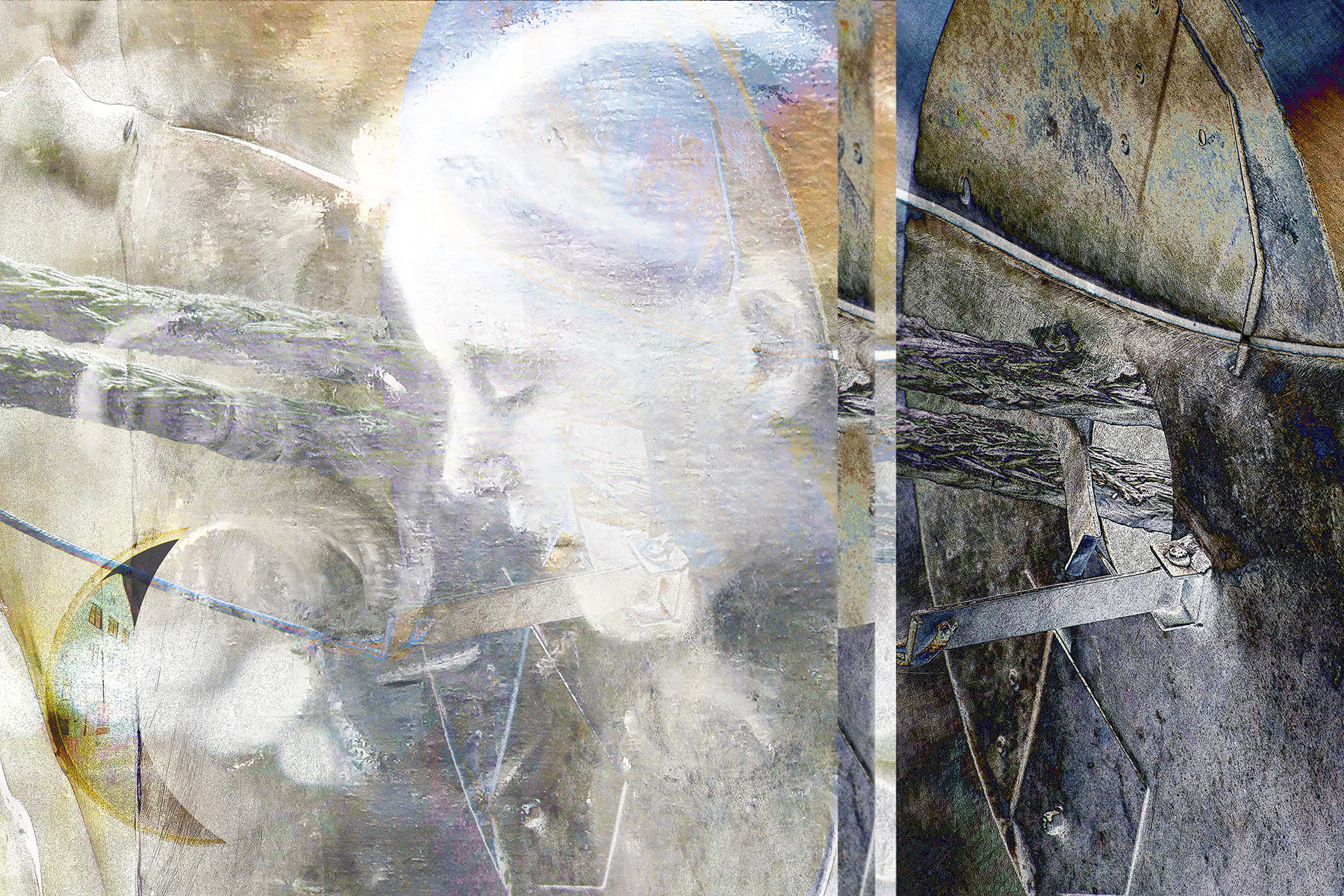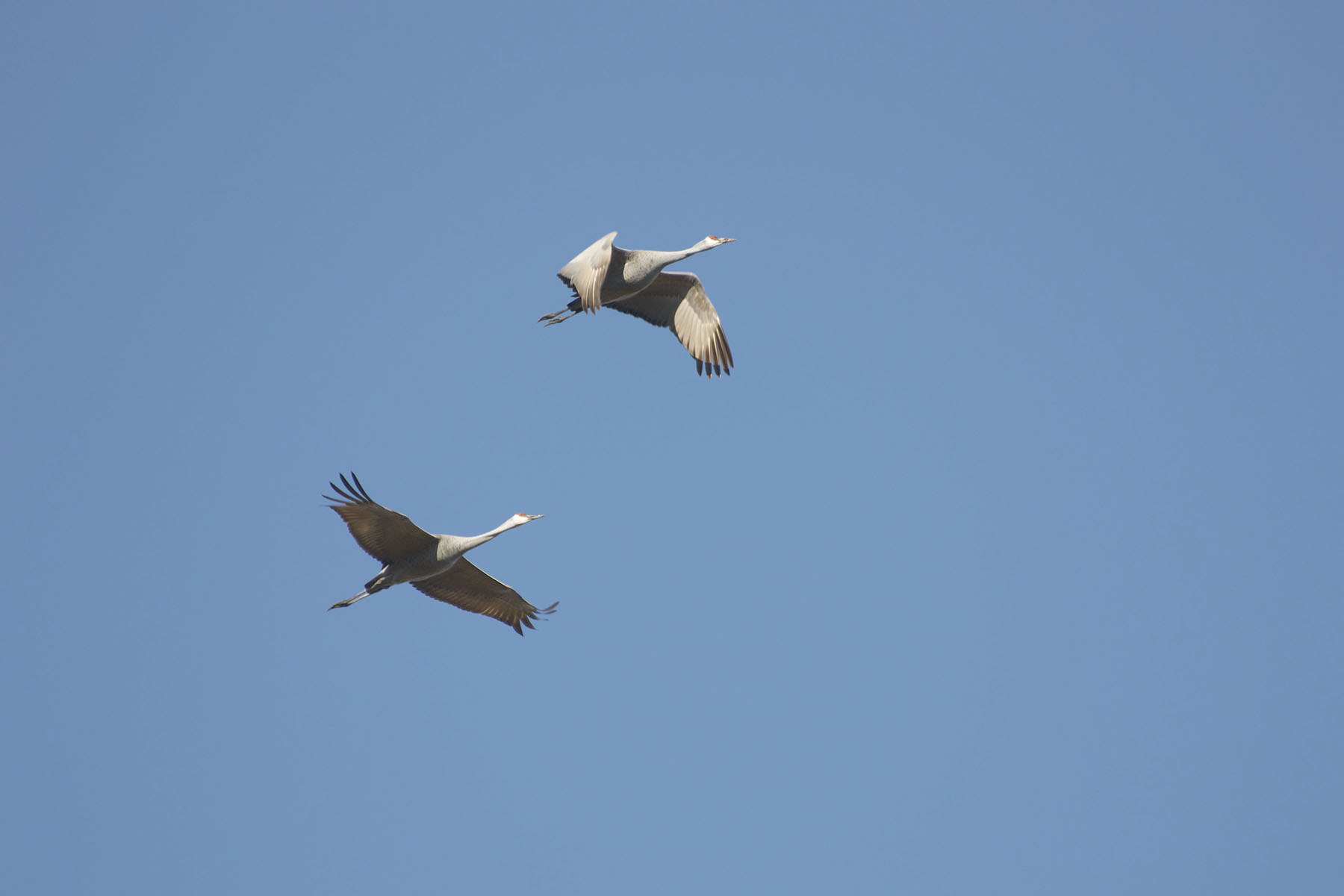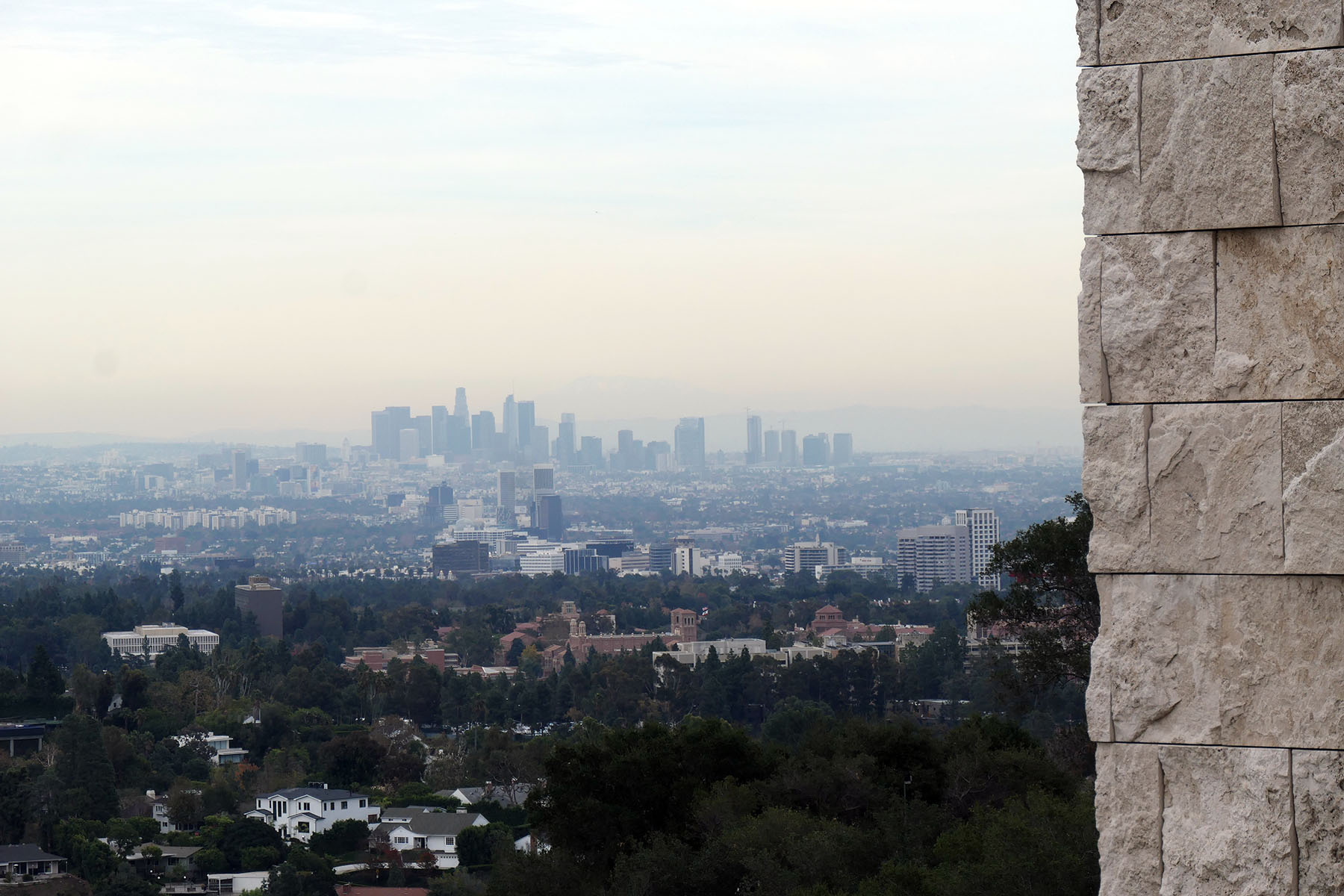When I did my reading last week for Earth Day it struck me how the topic of environmental harm can be traced back across centuries. Poets as diverse as William Blake, Wordsworth, Larkin, to name just a few Brits, wrote about the dangers of industrialization and the destruction of the English countryside – man-made dangers, just as climate change is a result of man-made fossil uses on a larger scale.

Going back in time even further, Ovid told the tale of Phaeton, retold below by one of our own outstanding poets, Eliza Griswold.
The power of this poem, for me, lies in the fact that it manages to outline the psychological mechanisms that can lead to destructiveness, a destructiveness that ultimately affects so many more than the individuals involved, changing the course of the world.
The original myth had Phaeton, mobbed for being fatherless, seek out his father Apollo, the sun god. His father feels guilty for having abandoned him and wants to prove his love by granting him a wish, any wish. Kid asks for the most powerful thing to make up for his feeling of being an outsider (or maybe the potentially most destructive one to exert his revenge?), to drive his father’s chariot of the sun. Catastrophe ensues when Phaeton, as was predicted, cannot control the powerful horses, freezing the earth when he veers from the path, then scorching it when he comes too close, making peoples’ blood boil through their skin which turns them Black, a race created. Zeus intervenes, seeing the havoc reeked, and kills Phaeton by throwing him off the chariot. Apollo’s mourning throws the world into darkness for days on end.

Ovid on Climate Change
Bastard, the other boys teased him,
till Phaethon unleashed the steeds
of Armageddon. He couldn’t hold
their reins. Driving the sun too close
to earth, the boy withered rivers,
torched Eucalyptus groves, until the hills
burst into flame, and the people’s blood
boiled through the skin. Ethiopia,
land of burnt faces. In a boy’s rage
for a name, the myth of race begins.
A boy’s rage for a name? Or an ancient example of what maligning implies – the polarization of in-group to out-group that leads to both, hate and power grabs. The poem perfectly closes the circle by starting with one divisiveness (social ostracism) and ending with another (racial disparity.) Contained within: catastrophe.

It is a reminder that crises, be they global warming, pandemics, homelessness, wars are not some outside events that happen and have to be dealt with. They are created in the ways we manage our desires, our hurts, our greed, our guilt (Apollo knew of the impending doom but could not renege on a guilt-driven promise.) That is true for both, individuals and societies at large.
Our inability to see the urgency of needed action or hesitancy to commit to it, given the frightening implications, are perhaps the result of paralyzing anxiety, as discussed a few days ago. But they might also be partially driven by our reliance on all the myths forever told – there will be a Zeus who last minute comes to the rescue, or science or any other God resigned to saving humanity, the planet. Wishful thinking, if you ask me…..

Here are some Greek dances that will liven up this Monday morning …..
